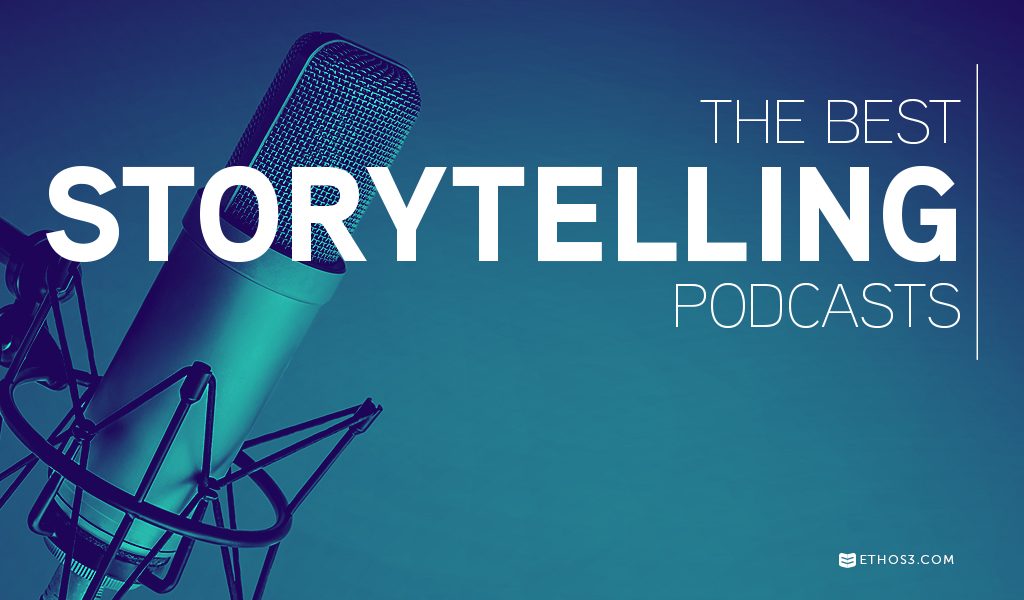

And while there has long been minority talent on public radio-a realm that includes National Public Radio and other producers of non-commercial radio, like American Public Media and Public Radio International-Washington is the first African American host to swing a big cultural stick, the first who seems likely to become a public-radio superstar on the order of Glass or Garrison Keillor.Ī couple of years ago, Snap Judgment aired a segment by Jeff Greenwald, a San Francisco freelance journalist and travel writer who founded a nonprofit called Ethical Traveler. It is on 250 stations, reaching nine of the top 10 public-radio markets, and its podcast is downloaded more than half a million times a month.

In its first three years, Snap Judgment, Washington’s fast-paced, music-heavy, ethnically variegated take on the public-radio story hour, has spread like left-end-of-the-dial kudzu. … Washington, a proud student of (Ira) Glass’s, is the next big thing. He came to public radio with a University of Michigan law degree and a background in nonprofits, and last week The Atlantic wrote: Its founding producer is Glynn Washington, himself a riveting storyteller. Producer Ira Glass devoted an entire show to a retraction, and to understanding why and how the deception happened.Ī lesser known example involves Snap Judgment, the Oakland-based NPR show with a stated mission of presenting “compelling personal stories - mixing tall tales with killer beats to produce cinematic, dramatic and kick-ass radio.” The show has taken off, especially among listeners age 33 to 42. The storyteller “did get it wrong, and that mistake seemed to undermine her veracity in the mind of the listener for the entire story,” Allison says, “even though it was just something that happened in the flurry of extemporaneous storytelling.” An egregious example of listener betrayal is, of course, the This American Life excerpt of Mike Daisey’s stage show The Agony and the Ecstasy of Steve Jobs, parts of which proved fabricated.

All of those scene-painting skills were the very heart of radio.”Īnd they still are. With so many storytelling shows on the air - The Moth, Radiolab, This American Life and, rising quickly, Snap Judgment - here’s a question that programs have been dealing with lately in the new “golden age” of public radio: What happens when a story turns out not to be true? Or true-ish? What level of accountability do listeners expect? How is the storyteller’s compact with the listener changing?Īllison remembers a radio story whose teller described passing through Customs at a certain Washington, D.C., airport, when in fact that airport had no Customs unit, as a skeptical listener pointed out. Bit by bit, the understanding was that theatrical values - by which I do not mean fiction - were incredibly important to holding attention, even to conveying information, to creating expectation and then to finally creating a memory. “A lot of radio simply didn’t - it adhered to newspaper values, and as a result, I think not that many people listened.

“I thought, ‘Wait a minute - it’s exactly the same, because it’s a medium in time.’ In order to hold attention (radio storytelling) must at least recognize theatrical values like rhythm and pace and climax and scene and character, and story,” he now says. He entered radio in the 1970s, from the theater. Jay Allison, who produces The Moth Radio Hour and founded, once said, “In public radio, our signature is story.”


 0 kommentar(er)
0 kommentar(er)
